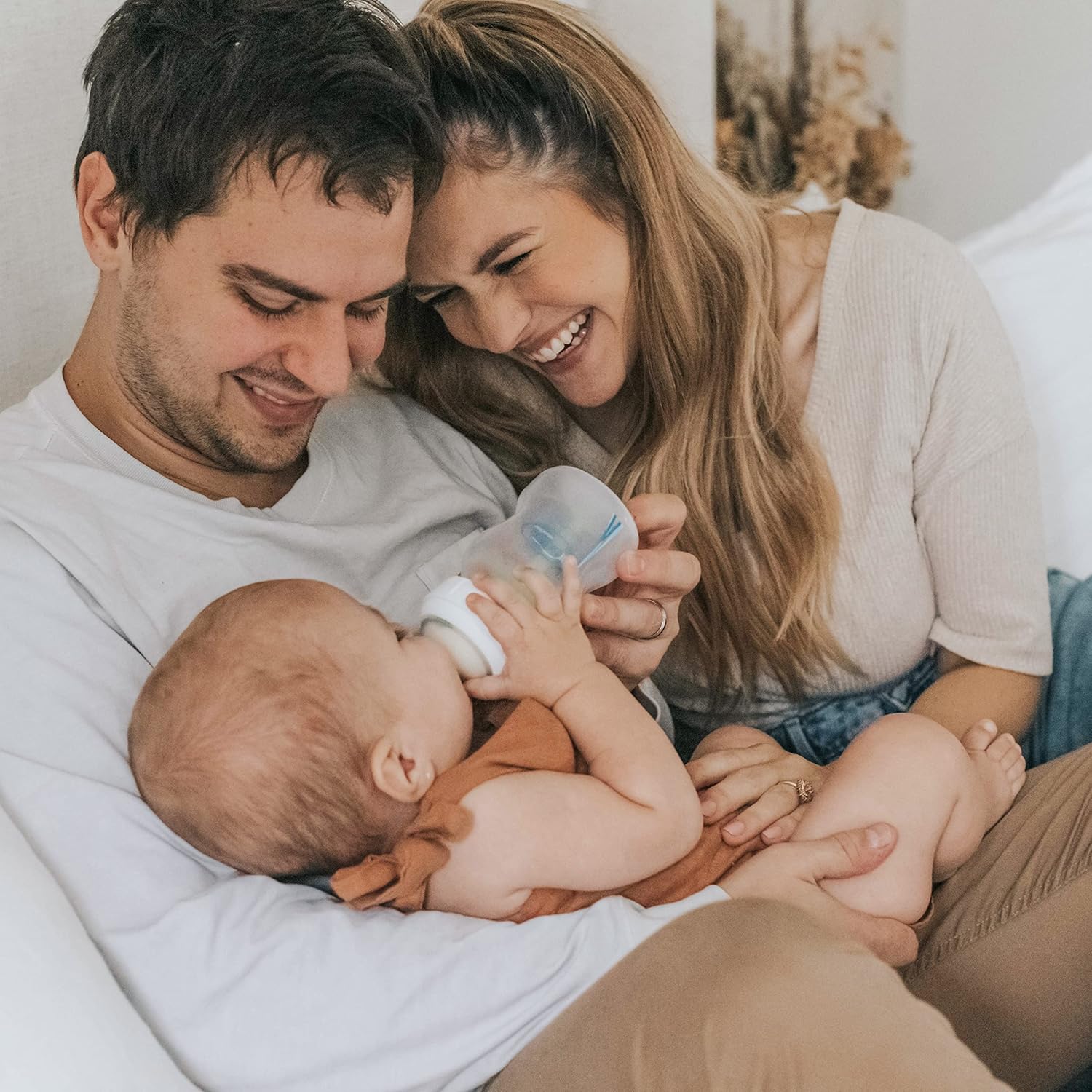Understanding Anxious Attachment in Childhood: Causes, Effects, and Solutions
Attachment concept, developed by British psychologist John Bowlby, explores the bonds among youngsters and their caregivers. The way a baby connects with their primary caregiver plays a vital position of their emotional and social improvement. One particular attachment fashion which could emerge in early formative years is annoying attachment. Understanding traumatic attachment is important for dad and mom, caregivers, and educators, as it may appreciably impact a infant’s development and relationships in later existence.
What is Anxious Attachment?
Anxious attachment, also called demanding-resistant or ambivalent attachment, occurs when a baby studies inconsistency of their caregiver’s availability and responsiveness. Children with this attachment style may feel insecure and unsure approximately their caregiver’s reliability, leading to heightened tension about their relationships.
Causes of Anxious Attachment
Several elements can make contributions to the development of irritating attachment in kids, which include:
- Inconsistent Parenting: When caregivers fluctuate among being nurturing and neglectful, it creates confusion for the child. They can be unsure whether their needs can be met, leading to anxiety.
- Parental Mental Health Issues: If a caregiver struggles with anxiety, depression, or different intellectual fitness challenges, they will be less conscious of their toddler’s desires, impacting the kid’s sense of security.
- High Stress Environments: Living in a chaotic or high-stress environment can save you caregivers from constantly meeting their baby’s emotional needs.
- Frequent Changes in Caregivers: Instability, which include more than one caregivers or adjustments in living situations, can disrupt the attachment technique and cause anxiety.
Signs of Anxious Attachment in Children
Children with aggravating attachment may also exhibit diverse behaviors, along with:
- Clinginess: They may dangle to caregivers and show trouble exploring their surroundings, often fearing separation.
- Extreme Distress: They can also grow to be excessively disappointed whilst separated from their number one caregiver and struggle to relax.
- Difficulty with Relationships: Anxious attachment can result in demanding situations in forming and preserving relationships with friends.
- Overreliance on Adults: They can also are seeking regular reassurance and validation from caregivers or other adults, frequently acting overly based.
- Emotional Outbursts: These children would possibly display extreme emotions, together with anger or frustration, when they experience abandoned or omitted.
Effects of Anxious Attachment
The effect of aggravating attachment can expand beyond early life and into maturity. Adults with tense attachment may enjoy:
- Difficulty Trusting Others: They might also conflict to agree with companions or buddies, fearing abandonment or rejection.
- Relationship Challenges: Anxious attachment can lead to volatile relationships, as these individuals frequently are trying to find immoderate reassurance and might feel overwhelmed by means of closeness.
- Low Self-Esteem: They might struggle with emotions of inadequacy and worry of now not being good enough for others.
- Increased Anxiety: The patterns installed in early life can also make contributions to ongoing tension in diverse aspects of existence, which include work and private relationships.
How to Support a Child with Anxious Attachment
If you think your toddler is experiencing disturbing attachment, there are numerous approaches to provide aid and encourage stable attachment:
- Consistent Caregiving: Strive to be a solid and reliable presence to your infant’s lifestyles. Respond to their wishes continuously, and provide consolation and reassurance when they’re distressed.
- Promote Independence: Encourage your child to discover their surroundings at their personal pace. Gradually allow them to have interaction in unbiased play while ensuring they recognize you are close by.
- Open Communication: Talk for your toddler about their feelings and reports. Encourage them to explicit their emotions and validate their issues.
- Model Healthy Relationships: Demonstrate fine, wholesome relationships in your very own existence. Show them how to speak correctly and solve conflicts in a wholesome way.
- Therapeutic Support: If hectic attachment is significantly impacting your baby’s existence, bear in mind searching for the help of a infant psychologist or therapist who specializes in attachment problems. They can offer guidance and strategies tailored to your child’s precise desires.
- Parenting Education: Educate yourself about attachment patterns and effective parenting strategies. Understanding your child’s desires allow you to foster a stable attachment.
Conclusion
Anxious attachment in youth can cause demanding situations in emotional regulation, relationships, and typical well-being. However, with steady guide, love, and knowledge, dad and mom and caregivers can assist their kids develop a secure attachment style. By fostering a nurturing environment and inspiring open communication, you can empower your child to construct healthful relationships and navigate the arena with confidence. Remember, early intervention and guide could make a good sized difference in your toddler’s emotional improvement and future relationships.




